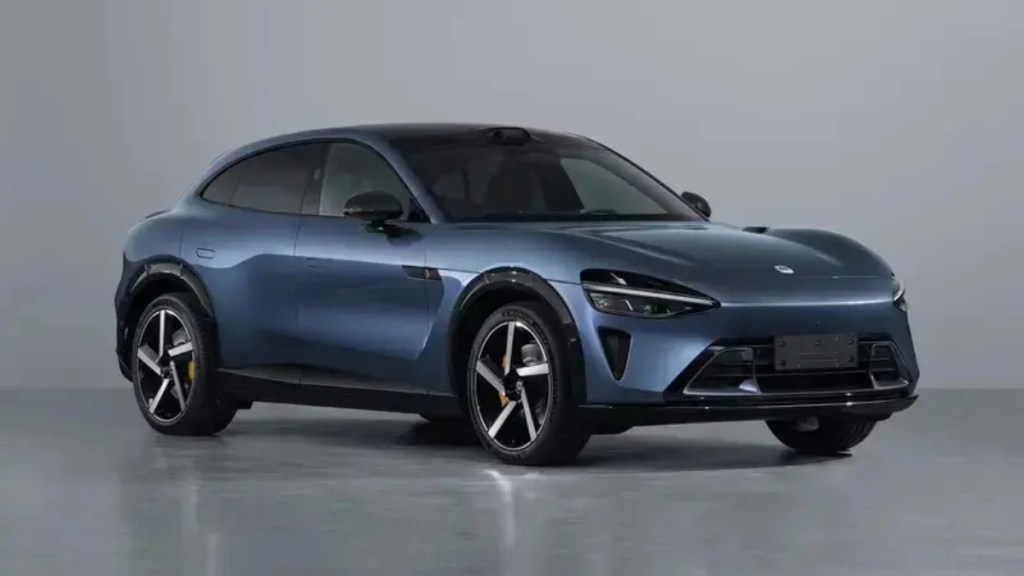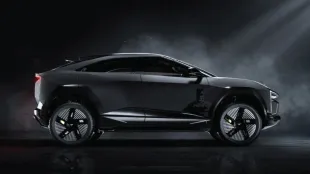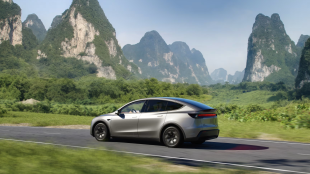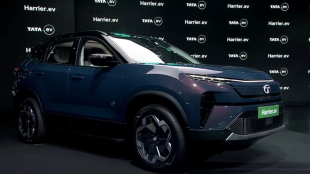Xiaomi stepped into the world of automobiles with the launch of SU7 in March last year. Last week, the Chinese electronic giant launched its second product in its home market — the YU7, and the electric crossover has already set the stage on fire. Priced at CNY 253,500 (around Rs 30.22 lakh), the YU7 has already received an estimated 280,800 to 315,900 orders within 72 hours of its launch.
According to Reuters, the Model Y-rival reportedly locked in 2.40 lakh orders within 18 hours and 2.89 lakh orders within 24 hours of its launch. Bookings for the YU7 are currently underway at all 351 Xiaomi EV retail stores across China. For reference, Xiaomi started accepting bookings for the EV June 26 onwards.
That said, we cannot verify these numbers as Xiaomi is yet to officially reveal the exact number of orders it has received till now. With an aggressive price tag that undercuts its nearest rival by almost 4 percent, the Model Y has its work cut out in China. According to analysts, this competitive pricing will lead to more market share loss for Tesla.
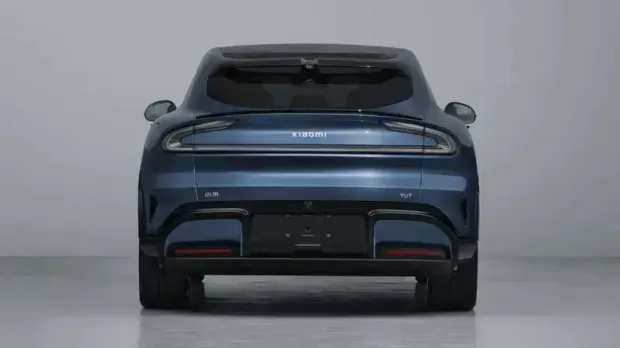
Buyers favouring Xiaomi over Tesla?
At a Xiaomi car showroom in Beijing, the new YU7 electric vehicle drew a large crowd, with dozens of curious visitors gathering around the model. Among them was Otto Shi, a 26-year-old finance professional and current Tesla Model Y owner. He shared that he was considering purchasing the YU7 for his father, who currently drives a Mercedes-Benz. He also credited the earlier success of the SU7 as a key reason for viewing Xiaomi as a reliable and innovative Chinese automotive brand.
Xiaomi’s stock responded positively to the buzz around its latest EV launch. Shares surged as much as 8% during early trading, reaching an all-time high, before closing 3.6% higher. So far this year, the stock has gained over 70%, pushing Xiaomi’s market valuation to approximately $190 billion. According to LSEG data, this makes it the best-performing large-cap stock in the Asia-Pacific region.
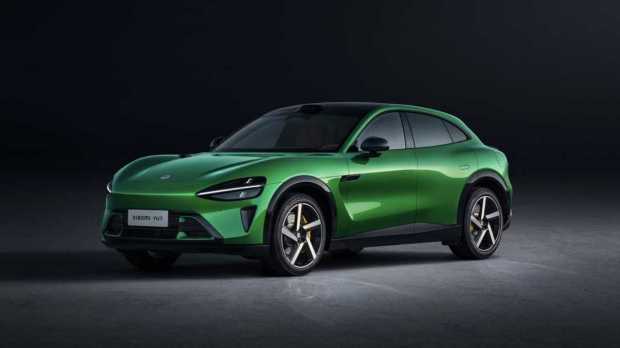
Tough road ahead for Tesla in China
Tesla’s dominance in the Chinese electric vehicle (EV) market continues to weaken as local competitors gain traction by offering innovative features at competitive prices. According to industry data, Tesla’s share of the Chinese EV market has declined from a peak of 15% in 2020 to 10% in 2024, and further down to just 7.6% in the first five months of 2025.
Citi analysts, in a recent note to investors, suggested that Tesla may need to take aggressive steps to remain competitive—such as slashing prices further, offering its Full Self-Driving (FSD) driver assistance software free of cost, and providing more attractive financing options. These moves could help the company better contend with the growing popularity of domestic players like Xiaomi.
China remains Tesla’s largest market, based on Q1 2025 sales data. The country contributed nearly 20 percent of Tesla’s total revenue last year. However, as Xiaomi continues to make waves with its EV offerings, competition is intensifying.
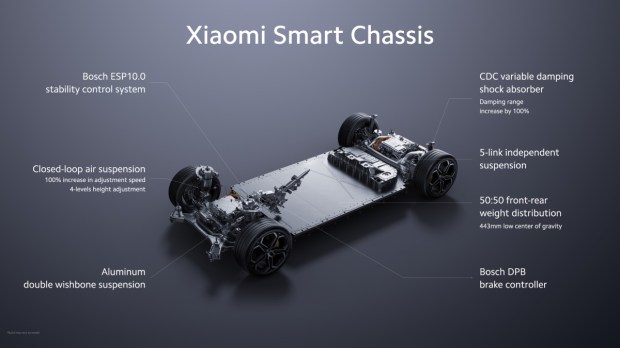
Xiaomi CEO Lei Jun acknowledged that Tesla still leads in driver assistance technology but emphasized areas where the Xiaomi YU7 surpasses the Tesla Model Y. The YU7’s base variant features a large 96.3 kWh battery, delivering an impressive range of up to 835 km (519 miles) on a single charge and supports ultra-fast charging. In comparison, the updated Tesla Model Y comes with a 78.4 kWh battery and a maximum range of 719 km.
Lei also highlighted value-added features in the YU7 such as under-seat storage drawers and complimentary driver assistance software—benefits that contrast with Tesla’s smart driving software, which costs 64,000 yuan.
(With inputs from Reuters and CarNewsChina.com)
